Frequently Asked Questions – Delta One Trading
What Are Delta One Products
Delta one products are financial derivatives with no optionality. This means that where there is a move in the price of an underlying asset there should be an identical move in the derivative’s price. These products often incorporate several underlying securities, thereby giving their holder an easy means of gaining exposure to a collection of securities within a single product.

What Does the Term ‘Delta’ Refer To?
The sensitivity of a derivative’s value-to-price shifts in the underlying asset is measured by the delta. The instrument’s delta is the first mathematical derivative of this derivative’s value regarding the underlying asset’s price.
What Is a Delta One Trading Desk?
Delta one trading desks are part of the equity derivatives or equity finance divisions of most large investment banks. These desks generate revenue through strategies related to delta one products and related activities, such as equity financing, equity index arbitrage and dividend trading. The Financial Times has described delta one desks as being like the ‘special forces’ of trading.

What Are Some Examples of Delta One Products?
Delta one product examples include equity swaps, exchange-traded funds, custom baskets, forwards, futures, linear certificates, exchange-traded notes, forward rate agreements and trackers. All of these derivatives have a symmetric, linear payoff profile (i.e. a derivative that’s not an option or a product with embedded options) and because the price of these products closely tracks that of their underlying asset (and the risk-free rate) their delta is close to one.
What Is a Forward Rate Agreement?
A forward rate agreement (FRA) is an IRD (interest rate derivative), particularly a linear IRD with a strong link to interest rate swaps. Effectively, an FRA is a cash for difference derivative contract that is made between two parties and benchmarked against an interest rate index. This index is often an interbank offered rate such as LIBOR in USD, STIBOR in SEK or EURIBOR in EUR.
How Does a Delta One Trader Make Money?
Client fees for provided services is one of the foremost ways that banks and individual delta one traders make money from their activities in this field. Delta one traders may also derive revenue from both prop and flow trading, as well as from securities lending, centralised execution, funding and more.
What Does it Take to be a Successful Delta One Trader?
To be a successful delta one trader an individual must be skilled in market timing and creative hedging and have institutional access to flow and funding, which together can generate multi-sourced returns.

